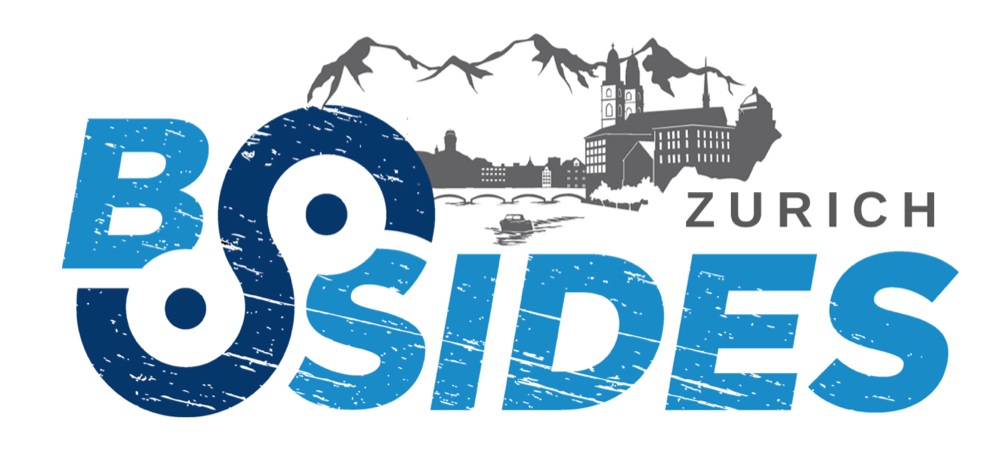Claudio Criscione (@paradoxengine)
Claudio Criscione has been doing and speaking about security for an embarrassingly large number of years, mostly in the cloud and web space. After a career consulting about breaking systems, he is now managing security scanning for Google under the motto “no facepalm pwnages”. His colleagues are likely to argue his main role is complaining about food, and would probably not be completely wrong.
Jannis Kirschner (@xorkiwi)
Jannis is a Swiss security researcher and ctf player. With a passion for reverse engineering and exploit development, he loves to analyze complex applications. He got the chance to prove himself in several national and international cybersecurity competitions.
Being faced with auditing the Swisspost’s e-voting solution he got heads deep into the codebase, discovering multiple technical and non-technical flaws.
Jonas Wagner (@_jwagner)
Jonas Wagner is an engineer and malware researcher with a focus on automated malware analysis. For the last couple of years, he has been working on finding new ways of efficiently comparing binary code at large scale, which has lead to new insights on technology and malware. Recently, he co-founded threatray, a startup that uses large-scale binary code similarity search to deliver threat intelligence.
Julien Voisin
Julien (jvoisin) Voisin used to pwn and reverse stuff while contributing to radare2. Nowadays, he spending time on, amongst other things, killing bug classes in PHP applications by maintaining Snfflueupagus (snuffleupagus.rtfd.io) while keeping his own bugs alive on websec.fr, running high-speed Tor relays, and ranting on dustri.org. He also possess a significant catalog of terrible facts about PHP and Java.
Michael Kurth (@mik__)
Michael Kurth has computer science master’s degree from ETH Zurich. He did an exchange Master thesis at VUSec in Amsterdam. One of the leading research groups for microarchitectural attacks. Don’t ask him about his master’s thesis, because he can’t tell you anything about it at the moment, i.e. coordinated disclosure ;-). He is now working at InfoGuard as cyber security analyst.
Ravishankar Borgaonkar (@raviborgaonkar)
Ravishankar Borgaonkar works as a research scientist at Sintef Digital and undertakes research in securing next generation digital communication. His primary research themes are related to mobile telecommunication and involved security threats. This ranges from 2G/3G/4G/5G network security to end-user device security. After receiving his PhD in ‘security in telecommunication’ area from the technical university of Berlin, he was a security researcher at Deutsche Telekom’s lab for 3 years. Since that time he has worked for Intel Collaborative Research Institute for Secure Computing at Aalto University, as well as for the University of Oxford focusing on 5G security research. He has found several protocol flaws in 3G/4G technologies and assisted in shaping the 5G security architecture. The demonstrated vulnerabilities affected billions of 3G/4G devices and resulted a change in the existing 3G/4G communication standards.
Sebastian Lekies (@slekies)
Sebastian Lekies is a Tech Lead and Manager at Google within the vulnerability management team. He is specializing in client-side web application security and automated security scanning. Before joining Google, Sebastian was part of SAP’s Security Research team, where he conducted academic research in the area of client-side Web application security. He is regularly speaking at academic and non-academic security conferences.
